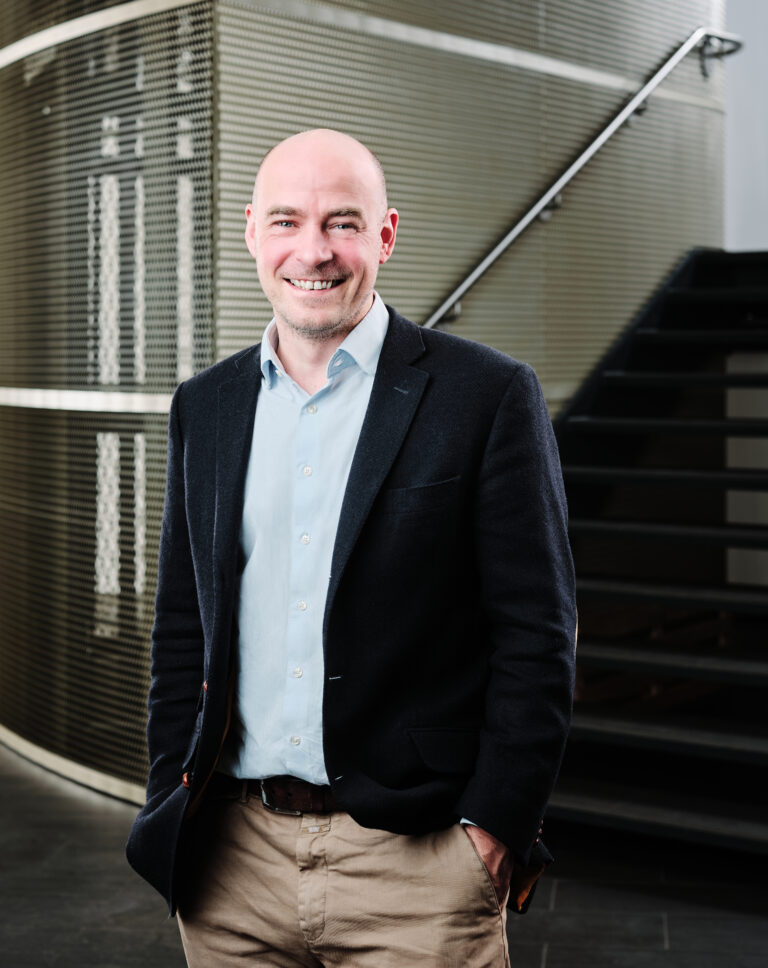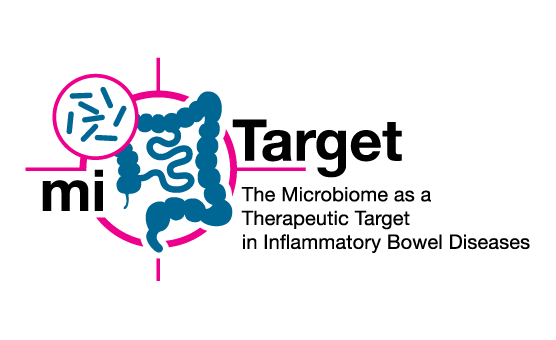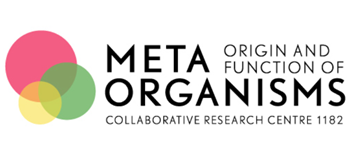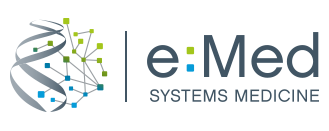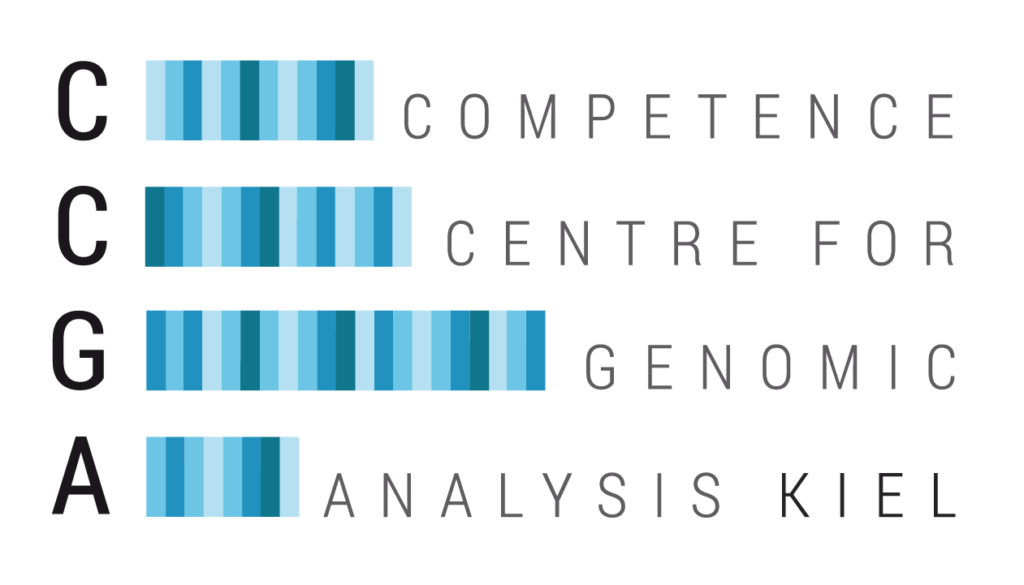
Philip Rosenstiel
Systems Immunology
Welcome to the Systems Immunology Group
Inflammatory bowel disease (IBD), a chronic inflammatory condition of the digestive tract, affects millions of people worldwide causing debilitating symptoms, reduced quality of life, and significant economic burden on healthcare systems. While existing treatments offer some relief, there’s a pressing need for more effective and targeted therapy.
IBD is thought to be a result of a complex interplay between various factors, including environmental triggers, genetic predisposition, intestinal barrier dysfunction, alterations in the gut microbiome, and impaired immune responses. We strive to understand the underlying causes of IBD, and thus the potential treatment targets.
Lab Vision
Enter the realm of systems immunology, where we take a holistic approach which considers the immune system as a complex system composed of multiple interacting components. These interactions can be disrupted leading to the mechanisms underlying IBD. Using cutting-edge technologies we strive to understand the interplay between the immune system, the gut microbiome, within the host environment.
Lab Mission
Our aim is to precisely understand the interaction between the intestinal mucosa and the drivers of inflammation. We place a specific emphasis on epithelial cells that line the intestine, as their function is essential for overall digestive health and well-being. Intestinal epithelial cells play a critical role in maintaining a balanced immune response by regulating the activation and differentiation of immune cells. Our focus is on cellular pathways and networks of NOD-like receptors, autophagy, and ER stress in the pathogenesis of IBD, in a project we call “Epithelial biology and stress responses in IBD”. Disruption of the molecular ER stress-autophagy axis, caused by mutations within IBD risk genes like AGR2, ATG16L1 and XBP1, skews the epithelium towards inflammation and cellular death. For detailed molecular insight, we study the role of selective autophagy processes, e.g. specific autophagy of mitochondria (mitophagy) or endoplasmic reticulum (ER-phagy).

Intestinal epithelium barrier integrity is crucial, as the intestine is colonized by a community of microorganisms known as the microbiome. This symbiotic relationship is essential for maintaining gut health and regulating the immune system. In IBD host-microbe co-metabolism is disrupted, contributing to the development and progression of the disease. Leading us to the central concern of our project “Microbial sensing and co-metabolism”, where we aim to study the co-metabolic principles involved host-microbe interactions under IBD-like conditions or similar stresses, and how genetic risk variants shape a dysbiotic microbiome.

By understanding the basis of IBD, we believe we can improve treatment outcomes and reduce the risk of side effects by targeting the underlying mechanisms of the disease rather than using a one-size-fits-all approach. Early molecular predictors of individual disease outcomes, as well as, molecular definitions of deep remission and mucosal healing will become an important asset in the future management of IBD. Enters our project on “Genomics and precision therapy in IBD” where we investigate dynamic changes in immune regulatory networks introduced by therapeutic interventions. Here we development and clinically validated biomarkers discovered by harnessing the power of genomics, and immune profiling, with a focus on early longitudinal changes like gene expression, cellular heterogeneity or chromatin accessibility/transcription factor occupancy.

Approach
We firmly believe that detailed mechanistic insights ultimately will be translated into the clinic to improve therapy of patients with chronic inflammatory diseases. In our projects we use multidisciplinary systems-oriented approaches and a wide range of technologies encompassing cellular and molecular biology, and advanced imaging methods. We employ large-scale human cohort studies, but also develop innovative in vivo with the use of mouse models and in vitro preclinical model systems such as organoid-based cellular models to assess individualized therapeutic targets.

